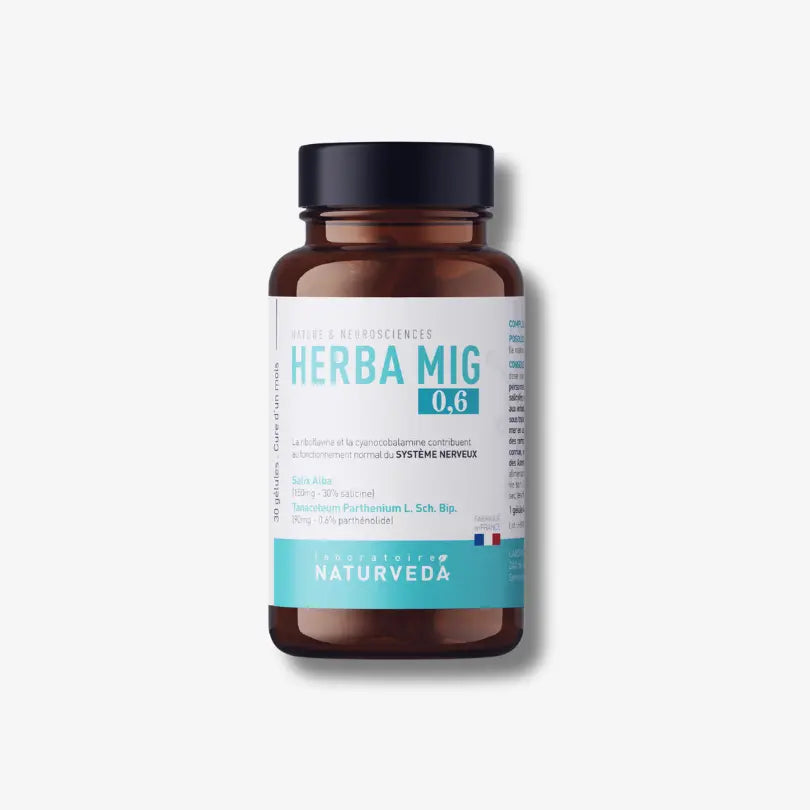Today, there is a wide choice of all kinds of herbal teas. And among them, rosehip herbal tea is becoming more and more popular, due to its many health benefits. Made from the fruits of the rosehip, this herbal tea has been consumed for centuries. For what reasons? What is rosehip? How to consume this herbal tea? With this article, we offer you an overview of everything related to rosehip herbal tea!
Rosehip: a plant with multiple virtues
The origins and characteristics of the rosehip
The rosehip is a plant from the Rosaceae family, which is also known as the wild rosebush . It is a shrub described as robust, which can reach a height of 2 to 3 meters. It is recognized in particular by its thorny stems and its pink or white flowers , particularly visible in spring. Then, in the fall, the flowers give way to red or orange berries, called rose hips. It is these berries that concentrate the majority of the benefits of the rosehip. Thus, the plant has been particularly used since Antiquity for its medicinal properties, whether in cases of fatigue, digestive disorders or even colds.
The nutritional properties of rosehip
The small, colorful berries that are rose hips are rich in various health-promoting compounds. In fact, in addition to their exceptional concentration of vitamin C , they contain a combo of vitamins A, E, B1, B2 and K , making them a real “ vitamin bomb ”. Rosehips also contain other elements necessary for maintaining the body’s acid-base balance , such as amino acids, dietary fiber and organic acids (malic acid and citric acid) which contribute to maintaining the body’s acid-base balance. As for the flavonoids present in large quantities in rose hips, they make this plant a powerful antioxidant , helping to fight free radicals and reduce inflammation, for example.
Rosehip tea in cultural and traditional practices
Use in traditional remedies
As you can see, rose hips and rosehip tea have been used for centuries for medicinal purposes in many cultures. In Eastern Europe , for example, rosehip is often found in herbal teas to boost immunity in winter. While in traditional Chinese medicine , rose hips are used more to improve digestion, strengthen the lungs and treat respiratory infections.
Symbolism and popular beliefs
In addition to its medicinal benefits, rosehip also has a special place in certain traditions and beliefs. For example, the plant is sometimes considered a symbol of protection and regeneration . It is also associated with legends of protection against evil spirits . And in some regions, it was even customary to hang rosehip branches at the entrance of houses to protect against negative energies .
Health Benefits of Rosehip Tea
Strengthening the immune system
As already mentioned earlier in this article, rose hips are very concentrated in vitamin C . Which makes rosehip tea a valuable ally for stimulating the immune system . And in addition to preventing viral infections (such as the flu or colds), vitamin C also helps to reduce the duration of symptoms in case of infections. Finally, we can also mention the fact that it plays an important role in the process of iron absorption , an essential element for the transport of oxygen in the blood and for the prevention of anemia.
Antioxidant effects and fight against oxidative stress
The antioxidants found in rosehip tea, such as flavonoids, help neutralize free radicals. Generated by exposure to toxins, stress, and pollution, they can damage the body's cells, contributing to premature aging and the development of certain chronic diseases. This is why, rich in antioxidants, rosehip tea can help reduce the risk of cardiovascular disease, cancer, and other degenerative conditions . Studies have also shown that regularly consuming rosehip tea can reduce levels of inflammatory markers , thereby protecting the vital organs of the human body and delaying the onset of diseases associated with age .
Digestive support and anti-inflammatory properties
In addition to its soothing effect on digestive disorders, rosehip tea is also rich in fiber . The latter promotes the proper functioning of intestinal transit and helps prevent constipation . In addition, the organic acids that make up rosehips will stimulate the production of digestive juices , which facilitate digestion. And thanks to its anti-inflammatory action , rosehip tea can also be useful for relieving pain associated with chronic conditions such as arthritis. Preliminary studies suggest that rosehip extracts can improve joint mobility in people suffering from chronic pain.
Other benefits
In addition to the rest, rosehip tea has benefits for the skin . In fact, the antioxidants present in rosehip fruits can contribute to cell regeneration and protection of the skin against damage. Vitamin C, on the other hand, is essential for the production of collagen: it therefore helps to firm the skin and reduce wrinkles .
Moreover, rosehip tea is also known to be effective in relieving joint pain . It is the anti-inflammatory properties of the plant that make it a suitable natural remedy for treating pain and swelling related to joint diseases. And some studies indicate that regularly consuming rosehip tea can help reduce dependence on chemical anti-inflammatories .
Finally, if one last positive aspect of rosehip tea had to be addressed here, it would undoubtedly be that of reducing fatigue . The fact that rosehip is very rich in nutrients makes it an interesting plant to consume in case of fatigue or convalescence. It helps to regain energy and improve mental concentration .
Preparation and consumption of rosehip herbal tea
Choice of ingredients
There are several ways to use rosehips in the preparation of herbal tea: fresh or dried . And if you want to harvest them yourself, know that it is best to do so in late autumn , when the fruits are fully ripe. Make sure to clean them carefully and remove the fine hairs inside the fruit, otherwise you risk irritating your digestive tract.
Preparation methods
It is also worth noting that there are several methods of preparing rosehip tea. To extract the most nutrients from the rosehips, some recommend lightly crushing them before steeping them . And if you prefer a stronger flavor in your mouth, you can also let the fruit steep for longer or even simmer it over low heat for about fifteen minutes.
Finally, as with any other herbal tea, rosehip tea can be combined with other herbs or spices (ginger, cinnamon, etc.) for additional effects.
Conclusion
Finally, rosehip tea is much more than just a drink. Thanks to its richness in vitamins and nutrients, it has many health benefits, from strengthening the immune system to protecting the skin. The cherry on the cake: it is simple to prepare and can easily be integrated into your daily routine. So what are you waiting for to try rosehip tea and thus benefit from its many virtues?






